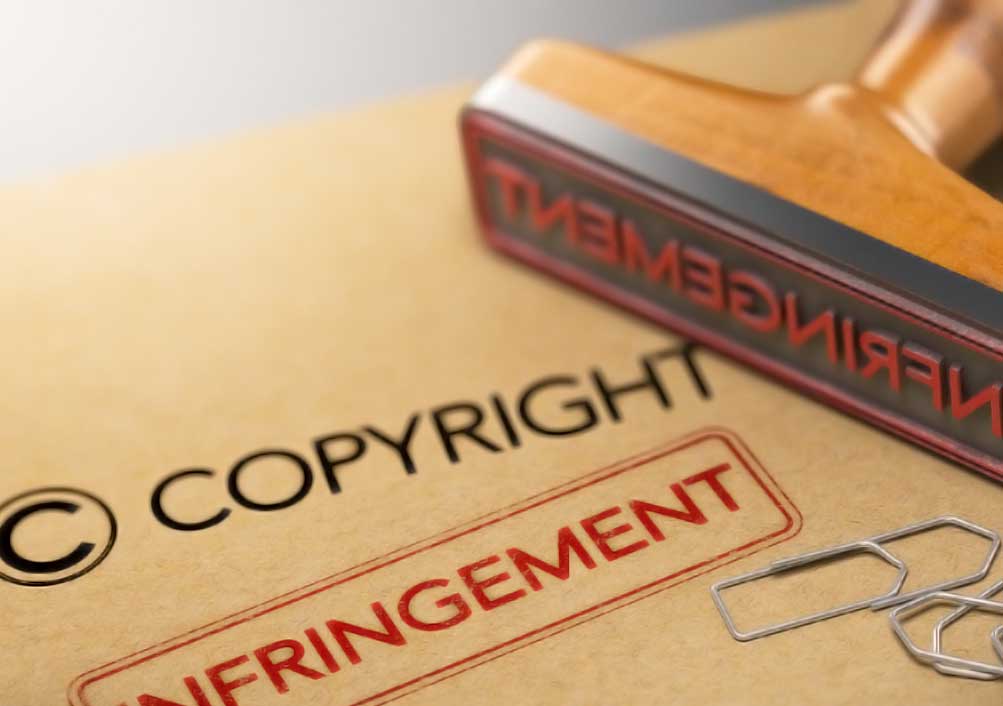In CRIMINAL APPEAL NO. 807 of 2022-SC- Offence punishable under Section 63 of Copyright Act is cognizable and non-bailable, rules Top Court Justices M.R.Shah & B.V.Nagarathna [20-05-2022]

Read Judgment: M/s Knit Pro International Vs.The State of NCT of Delhi & Anr.
Tulip Kanth
New Delhi, May 21, 2022: The Supreme Court has set aside the order of the Delhi High Court which quashed the criminal proceedings and order of the Chief Metropolitan Magistrate by holding that the offence under Section 63 of the Copyright Act is a non cognizable offence.
Observing that the High Court committed a grave error in holding that the offence under Section 63 is a non Cognizable offence, the Division Bench of Justice M.R.Shah and Justice B.V.Nagarathna said, “…it is observed and held that offence under Section 63 of the Copyright Act is a cognizable and non bailable offence. Consequently, the impugned judgment and order passed by the High Court taking a contrary view is hereby quashed…”
The factual scenario of this case was such that the appellant herein filed an application under Section 156(3) Cr.P.C. and sought directions from the Chief Metropolitan Magistrate for the registration of FIR against the second respondent herein for the offences under Sections 51, 63 & 64 of the Copyright Act read with Section 420 of the IPC. Then, FIR came to be registered but the same was quashed by the Delhi High Court when the second respondent-original accused filed the petition before the High Court. Aggrieved thereby, the appellant-original complainant preferred this appeal.
Referring to section 63, the Bench opined that the punishment provided therein is imprisonment for a term not less than six months but which may extend to three years and with fine. Therefore, the Magistrate may sentence the accused for a period of three years also. Considering Part II of the First Schedule of the Cr.P.C.,the Bench noted that if the offence is punishable with imprisonment for three years and onwards but not more than seven years, then the offence is a cognizable offence.
Concluding the matter by saying that counsel for the second respondent wrongly relied upon the judgment of the Top Court in Rakesh Kumar Paul vs. State of Assam, the Bench held that the criminal proceedings against the second respondent for the offence under Sections 63 & 64 of the Copyright Act would be proceeded further in accordance with law and on its own merits treating the same as a cognizable and non bailable offence.
Sign up for our weekly newsletter to stay up to date on our product, events featured blog, special offer and all of the exciting things that take place here at Legitquest.




Add a Comment